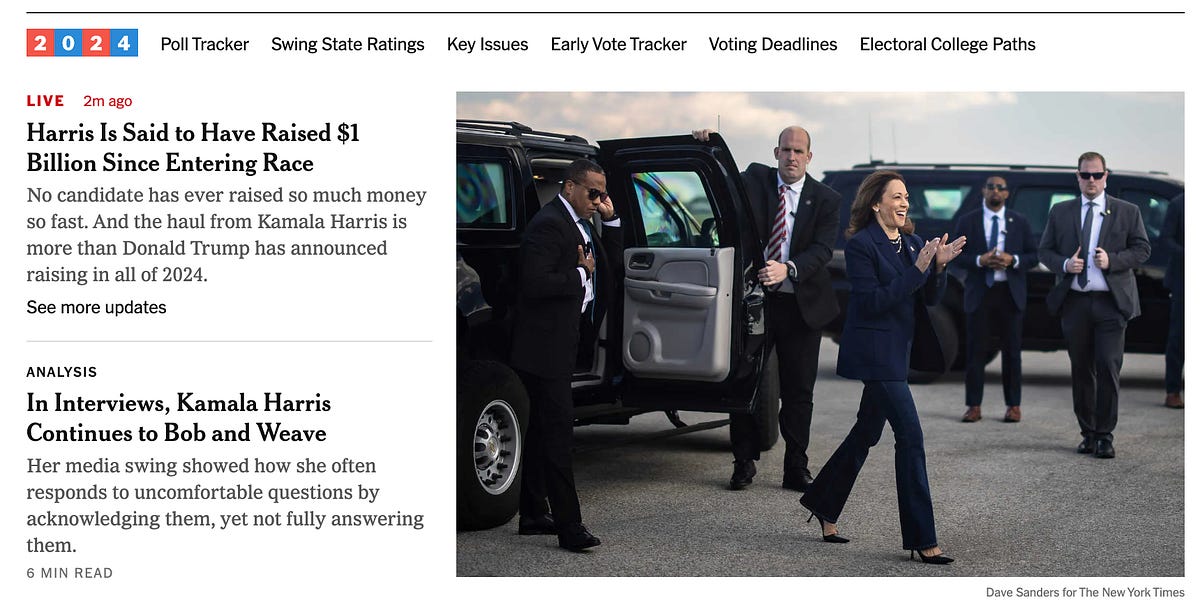X is gearing up for a significant legal battle in Europe, after the EU Commission found that the platform’s decision to sell verification ticks is in breach of the EU Digital Services Act (DSA), due to misconception among users as to what the checkmark actually represents.
Which would also, by extension, potentially mean the same for Meta, which now offers its own Meta Verified packages in select EU member states. But we’ll get to that.
First off, on Friday, the EU Commissioner for Internal Market Thierry Breton publicly criticized X’s change to its verification system, saying that X’s “X Premium” subscription package is deceptive, and infringes DSA regulations.
Specifically, the EU Commission has found that the capacity to buy blue ticks has created a new vector for the promotion of misinformation, because the appearance of a checkmark adds legitimacy to an account, established by Twitter’s previous verification system.
As per the EU Commission:
“Since anyone can subscribe to obtain such a “verified” status, it negatively affects users’ ability to make free and informed decisions about the authenticity of the accounts and the content they interact with. There is evidence of motivated malicious actors abusing the “verified account” to deceive users.”
Breton summed this up more succinctly by saying that blue ticks “used to mean trustworthy sources of information”. But now, anybody can buy one, which is potentially harmful.
The Commission’s expanded investigation into X also found that the platform is not in compliance with the DSA requirements on transparency in advertising, “as it does not provide a searchable and reliable advertisement repository”. In other words, X doesn’t have an active ad library like other social apps. X does provide a means to search ads run on the platform in EU member states, but the Commission found that this current offering “does not allow for the required supervision and research into emerging risks brought about by the distribution of advertising online”.
Finally, the Commission has also criticized X’s moves to restrict access to external researchers, by increasing the cost of its API access. X’s upped the price of its data access early last year, in order to dissuade generative AI builders from stealing X data, but that’s also priced many research projects out of the market, while X’s approval process for researchers is also now far more limited.
X will now have the opportunity to review the Commission’s findings, and respond to each point, but if these initial claims are upheld, X could face fines of up to 6% of its total worldwide revenue, while it could also face eventual expulsion from the EU if it fails to address each element.
Which would come after a period of review and supervision, to ensure compliance or not. So it’d take a while to get to the full ban stage, but essentially, X could be forced to stop selling its X Premium package in EU member states.
And X owner Elon Musk has come out swinging in the platform’s defense.
In response to Breton’s comments, Musk stated that X is looking “forward to a very public battle in court, so that the people of Europe can know the truth.”
Musk then went on to claim that the EU Commission “offered X an illegal secret deal: if we quietly censored speech without telling anyone, they would not fine us.” Musk claims that other social apps accepted this deal, with X being the only platform to oppose what he sees as a censorship plan.
Breton denied this, saying that X has been given the opportunity to remedy past issues in order to meet DSA compliance, but there was nothing “secret” about this process.
“The DSA provides X (and any large platform) with the possibility to offer commitments to settle a case. To be extra clear: it’s *YOUR* team who asked the Commission to explain the process for settlement and to clarify our concerns. We did it in line with established regulatory procedures. Up to you to decide whether to offer commitments or not. That is how rule of law procedures work.”
Still, Musk went further, amplifying claims that the EU Commission has been pushing for X to hire a misinformation removal team, governed by the Commission itself, over which X would have no authority. That, effectively, in Musk’s view at least, would mean that the EU would be able to force X to remove whatever speech it wants, without possible opposition.
Which goes against Musk’s “free speech” approach, and which Musk claims he will now fight in court, in order to maintain.
It’s impossible to know the full extent of the EU’s demands in this respect, so it may come down to a court case to prove X’s claims, which, presumably, it has in evidence based on direct communications with the EU Commission.
Musk has also defended the changes to the platform’s verification system, saying that blue checkmarks “were bought and sold openly” under previous platform management, so it’s not like it was any more reputable, while he also amplified claims that most Twitter research projects were actually “censorship activities and political operatives”, and thus, don’t deserve the same access that they once had.
And while most X users would agree that the changes to the verification system have eroded any trust that the blue checkmark once imbued, proving this, in a legal sense, could be difficult. X will have access to clear evidence which shows that many accounts that should not have received verification under the previous process actually did, mostly due to internal misinterpretation over what the blue tick actually meant, in regards to identity or notoriety.
So X seemingly will have a means to refute this, even if the Commission’s findings do align with general consensus.
The case in regards to research access will be more difficult to prove, as the counterclaims relate to ideological perspective, but either way, X will have at least some strong evidence to refute the EU Commission’s findings.
And as noted, the violations relating to X Premium would also relate to Meta Verified, based on the same principle.
Meta Verified is available in some EU member states, and if the argument is that selling verification checkmarks leads to confusion, and creates a potential vector for misinfo, then Meta’s in the same boat here. The EU Commission hasn’t put Meta on notice for the same as yet, but it has launched an investigation into Meta’s ad-free subscription program, which could theoretically also be extended to also include Meta’s own verification package.
The technicalities here will matter, and the case will be an interesting test of the EU Commission’s new enforcement powers. And if it does indeed go to trial, it could establish new precedent around the sale of verification.
X could still opt to change its approach, and remove X Premium from the EU to cover the primary element of the case.
But right now at least, Elon Musk is looking to make a stand.
























































![Key Metrics for Social Media Marketing [Infographic] Key Metrics for Social Media Marketing [Infographic]](https://www.socialmediatoday.com/imgproxy/nP1lliSbrTbUmhFV6RdAz9qJZFvsstq3IG6orLUMMls/g:ce/rs:fit:770:435/bG9jYWw6Ly8vZGl2ZWltYWdlL3NvY2lhbF9tZWRpYV9yb2lfaW5vZ3JhcGhpYzIucG5n.webp)
















